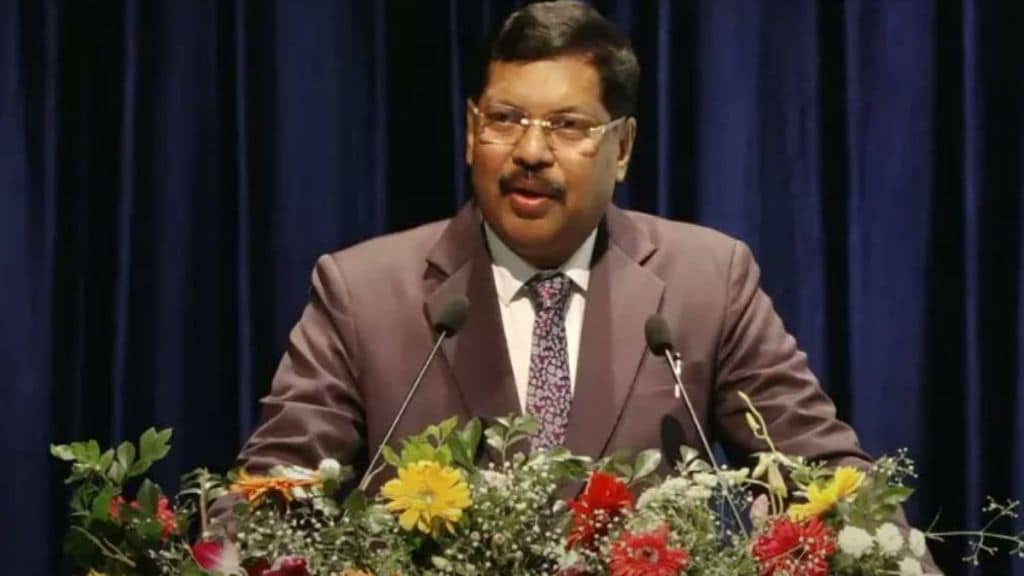Justice Bhushan Ramkrishna Gavai is all set to be sworn in as the next Chief Justice of India on May 14, following the retirement of current Chief Justice Sanjiv Khanna. In line with tradition, Chief Justice Khanna has recommended Justice Gavai’s name to the Union Law Ministry, which had earlier sought the nomination.
CJI Sanjiv Khanna recommends to Union Law Ministry appointment of Justice B R Gavai as next CJI. pic.twitter.com/kRZvbI4mZO
— Press Trust of India (@PTI_News) April 16, 2025
According to PTI, he is slated to take oath as the 52nd Chief Justice of India on May 14 as Khanna is due to retire on May 13. Justice Gavai will serve as Chief Justice for approximately six months before his retirement in November.
Who is Bhushan Ramkrishna Gavai – New CJI?
Justice Gavai will be the second Dalit to hold the position, following Justice KG Balakrishnan’s appointment in 2007. A native of Amravati in Maharashtra, Justice Gavai began his legal career in 1985 under barrister Raja Bhonsale, and later practiced independently in the Bombay High Court.
His legal expertise spans constitutional and administrative law, particularly before the Nagpur Bench. He was appointed Assistant Government Pleader and Additional Public Prosecutor in 1992, and later became Government Pleader and Public Prosecutor in 2000.
His judicial career began in 2003 as an Additional Judge of the Bombay High Court, becoming a permanent judge in 2005. In 2019, he was elevated to the Supreme Court.
Key judgments by Justice BR Gavai
During his tenure on the apex court, Justice Gavai has been involved in several significant rulings, including the judgment upholding the 2016 demonetisation move and the decision striking down the electoral bonds scheme as unconstitutional.
Justice BR Gavai has contributed to several landmark rulings during his tenure:
- Demonetisation Case (2023): He concurred with the majority judgment that upheld the legality of the Central Government’s 2016 demonetisation decision.
- Article 370 Verdict: As a member of the five-judge Constitution Bench, he played a significant role in the judgment that validated the abrogation of Article 370, thereby revoking the special status of Jammu and Kashmir.
- Prashant Bhushan Contempt Case: He was part of the bench in the high-profile contempt case involving senior advocate Prashant Bhushan, which touched upon critical issues of free speech and judicial accountability.


 — Press Trust of India (@PTI_News)
— Press Trust of India (@PTI_News)